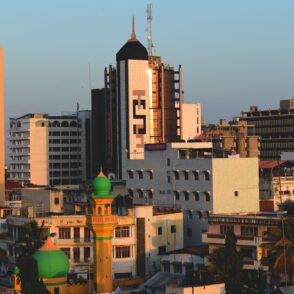
EPIC-Africa formed a new partnership with the city of Mombasa following a series of trainings in Durban during early 2020. Originally planning to implement a mangrove restoration project, the city quickly adapted to the new challenges of the global pandemic and transformed their proposed initiative to address COVID-19 transmission instead. The county government called upon […]
Read More… from EPIC-Africa Provides a Model for Addressing COVID-19 and Solid Waste Management in Mombasa
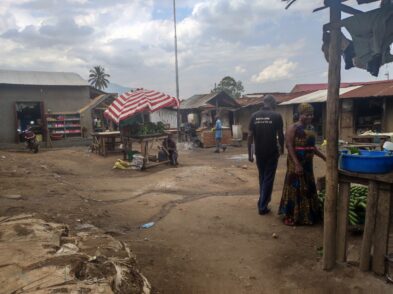
EPIC-Africa’s growing program partnership with Uganda, co-funded by UN-Habitat and Mbale City, is an exemplary model of the power of collaboration between communities, local governments, and universities that EPIC-N strives to consistently represent. Starting in 1997 when the University of Makerere recognized the pressing need to address development challenges faced by slum dwellers in Mbale […]
Read More… from Collaboration for Change: Empowering Communities through EPIC-Africa Partnership in Uganda
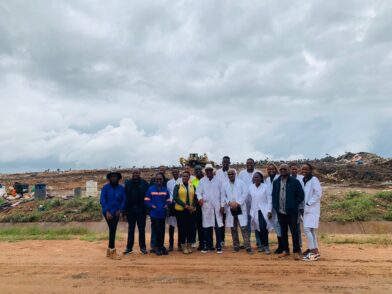
Following a series of training sessions conducted by EPIC Africa in Durban (2020), Gaborone, Harare, and Windhoek (2022), the Gaborone City Council (GCC) and the University of Botswana (UB) began formally collaborating to address various pressing challenges in the city related to waste management and urban planning. To kick off this partnership, the GCC coordinated […]
Read More… from Gaborone City Council and University of Botswana Partnership Brings Students to the Forefront of National Waste Management Challenges
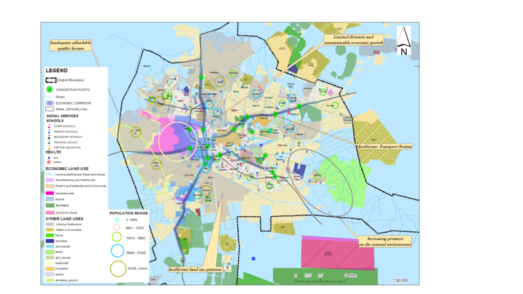
Lusaka’s first international EPIC team began training in 2016-2018, and shortly thereafter, they embarked on a series of experimental projects at the University of Zambia on a range of city-wide issues including climate adaptation, pandemic risk-reduction, and city planning. The overarching objective was to ensure the alignment of new EPIC programs with the existing university […]
Read More… from Driving Change in Lusaka: The EPIC Model’s Role in Transforming the City
There is no excerpt because this is a protected post.
There is no excerpt because this is a protected post.
Lusaka Sustainability Programme Website | Coming soon The Lusaka Sustainability Programme (LSP) was launched in 2017. It is now a city-wide effort. University of Zambia works closely with Departments of City Planning, Department of Housing and Social Services and plans exist to involve all Departments in the City Council. In its first full academic year […]
Read More… from University of Zambia
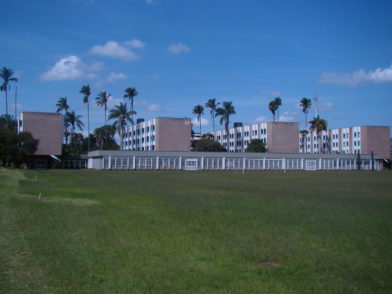
EPIC The University of Nairobi in partnership with Nairobi County have joined efforts to advance sustainability and resilience using the EPIC model. Nairobi County is experiencing rapid population explosion, coupled with road expansion and increase in motorization. This current state of affairs does not reflect prioritization of non-motorized transport, particularly, walking. Therefore, residents of Nairobi […]
Read More… from University of Nairobi
Durban EPIC Following the African regional EPIC-N training in November 2017, the City of Durban and the University of KwaZulu-Natal began implementing the Durban EPIC pilot project within the Durban Research Action Partnership. The Durban EPIC pilot project connects Environmental Planning and Climate Protection Department (EPCPD) from eThekwini Municipality (city of Durban) and related departments […]
Read More… from University of KwaZulu-Natal




